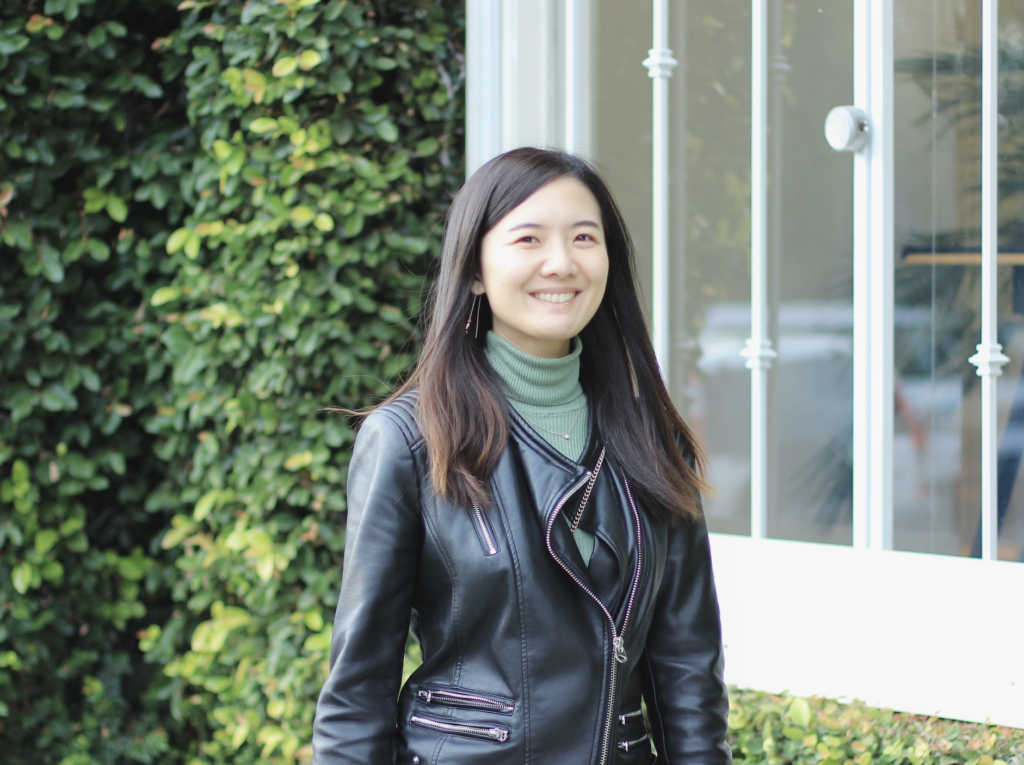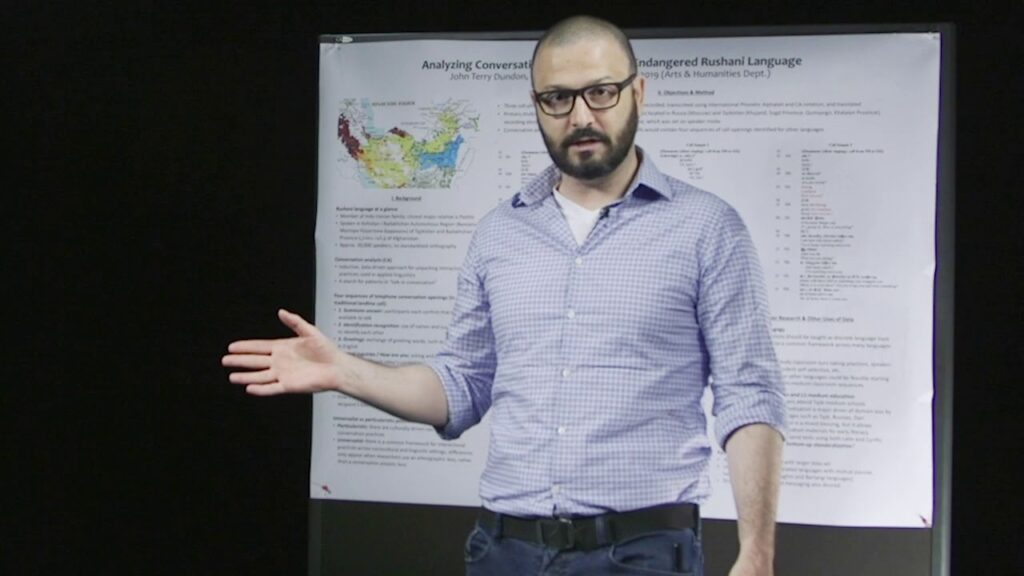Post by Stephen Horowitz, Professor of Legal English

I’m very happy to share a link to an article titled “Finding the right voice(s): An engagement analysis of L2 writers in hypothetical legal writing” by Professor Yiran Xu of University of California Merced , who completed her PhD in Applied Linguistics at Georgetown in 2020. The article–which was Professor Xu’s dissertation project–is based on her analysis of the writing of several students who were in the Georgetown 2-Year LLM Program at the time.
Here are the highlights followed by the abstract from ScienceDirect. Click the link to see the full article, which is available for free. https://www.sciencedirect.com/science/article/pii/S0898589822001280
Highlights

- L2 legal writers who spoke the same first language and had similar initial proficiency followed distinct developmental paths.
- L2 writers who improved could maintain a consistent position, integrate supporting evidence, and engage with counterarguments.
- L2 writers who did not improve had difficulty maintaining a consistent legal voice.
- For some L2 legal writers, model essays helped them explore and expand the use of Engagement resources.
- The system of Engagement is a useful tool to understand L2 legal writers’ linguistic choices as they learn a legal genre.
Abstract

This longitudinal case study tracks the development of four second language (L2) writers’ skills in hypothetical legal writing in a year-long legal language program. Drawing on the system of Engagement from systemic functional linguistics, the study analyzes how L2 writers engaged different legal voices and advanced their arguments via three discursive strategies: dialogic expansion, contraction, and justification. An examination of the Engagement resources the writers deployed in 32 essays illustrates their diverse developmental paths and highlights the linguistic choices that reflect the variation in their development. I discuss the influence of initial L2 proficiency and model essays on L2 writers’ trajectories and the distinct challenges these writers faced in maintaining a consistent argumentative position. I argue that the system of Engagement is a useful analytical framework for understanding the linguistic choices L2 legal writers make as they work toward the communicative goals of the target legal genre.

